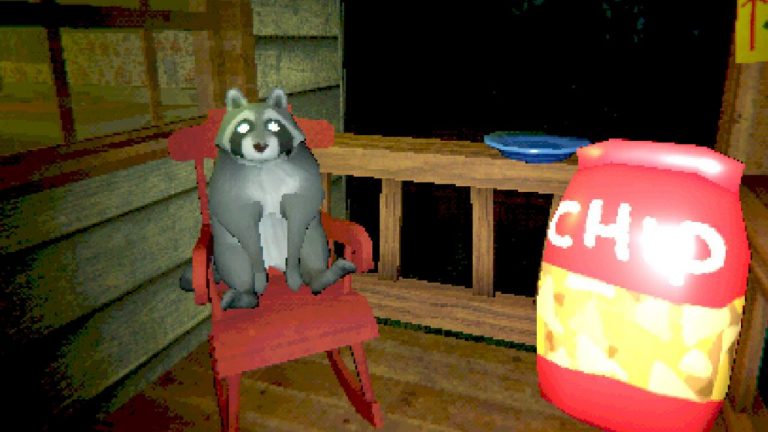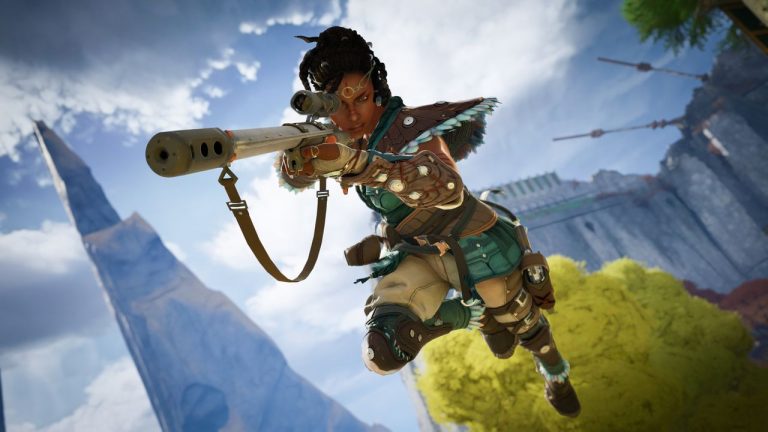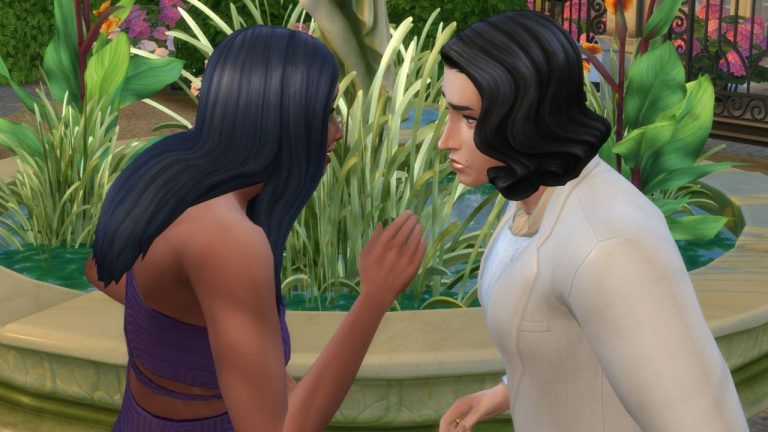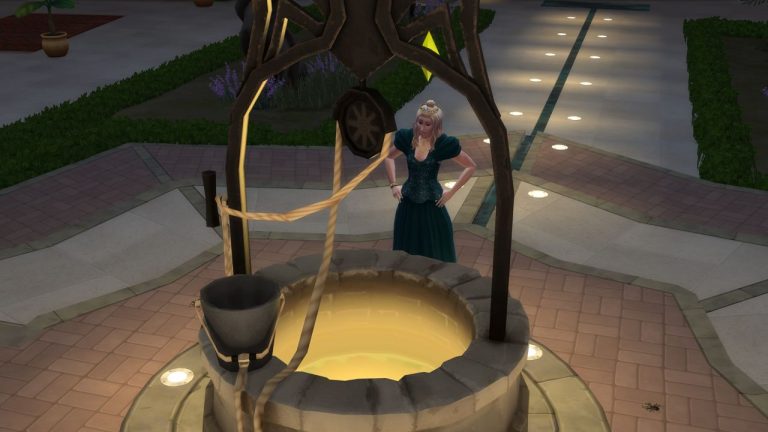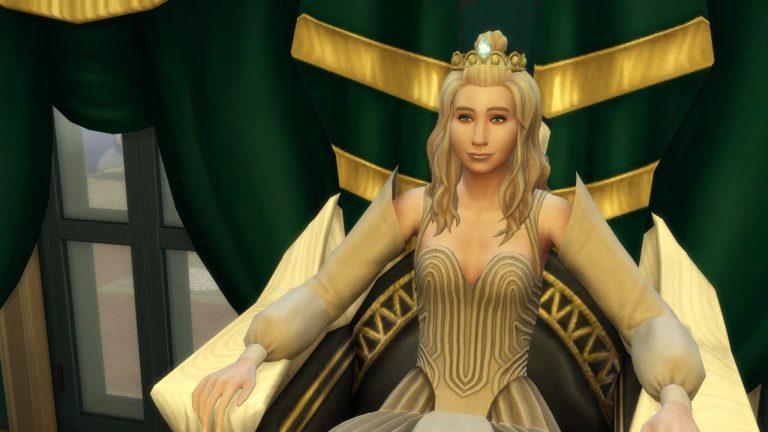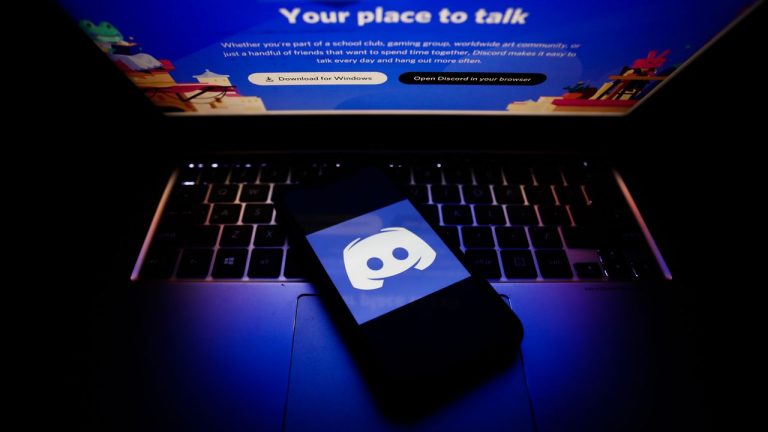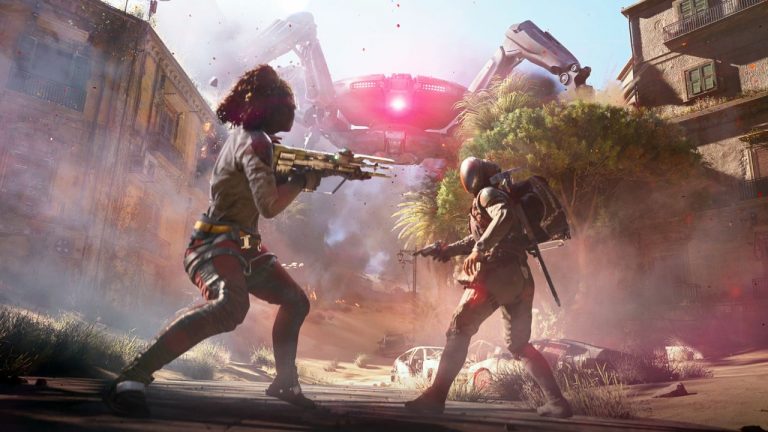John “Bucky” Buckley, community manager for Palworld developer Pocketpair, has waded into the “dead games” discourse once again. Speaking in an interview with the YouTube channel Going Indie, Buckley pushed back against the idea that the only measure of a game’s success is how long it’s able to maintain the highest possible player count. “I don’t think it really serves anyone to push gamers to play the same game, day in and day out,” Buckley said.
Buckley first spoke out against the impulse to declare a game dead back in February, when Palworld had started suffering the “dead game” moniker after its player count had dwindled from unsustainable millions to mere tens of thousands—a player base most games on Steam would be thrilled to entertain. Calling the discourse “lazy,” Buckley said it was “a good time to step in and reassure those of you capable of reading past a headline that it is fine to take breaks from games.”
Palworld, he said, wasn’t “in a position to pump out massive amounts of new content,” urging players not to apply that expectation to everything they play. While Buckley’s frustration with the dead game label isn’t as apparent in his Going Indie interview, he’s echoing those same thoughts.
“I don’t think you need to be pushing yourself to play the same game all the time. It’s not healthy for us,” Buckley told Going Indie, saying it’s an idea that harms developers and gamers alike. If we expect all games to attract players indefinitely, Buckley says, “we’re just going to get more of these really soulless live service games that come out and get shut down nine months later, 12 months later, because they’re not making enough money.”
It’s a sentiment I’m sympathetic to, even if it’s an argument made to shore up Palworld’s reputation. As French theorist Paul Virilio taught us, you can’t invent the ship without inventing the shipwreck. Major publishers in the games industry ushered in the notion of the dead game by propagating the idea of a living one; before games-as-services, a dead game was just called “a game.” We’re now applying extremely dire implications to what’d been a natural videogame lifecycle for decades, expecting games to occupy our attentions indefinitely when their design might have no business doing so.
As a solution, Buckley suggests spending “as much money on indies as you can,” regardless of whether there’s “only five people playing it.” While I suspect it’ll take more than that to shift the nature of the games industry and the discourse around it, it’s probably not a bad place to start.



